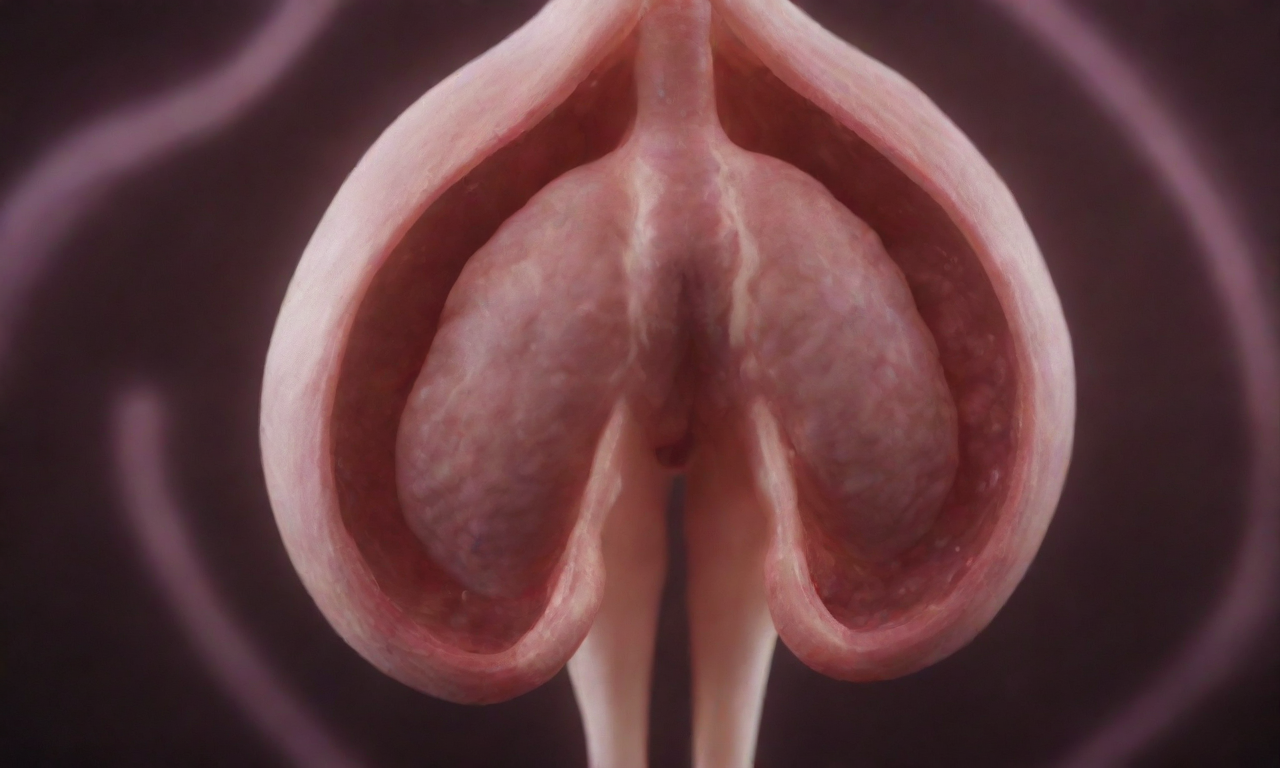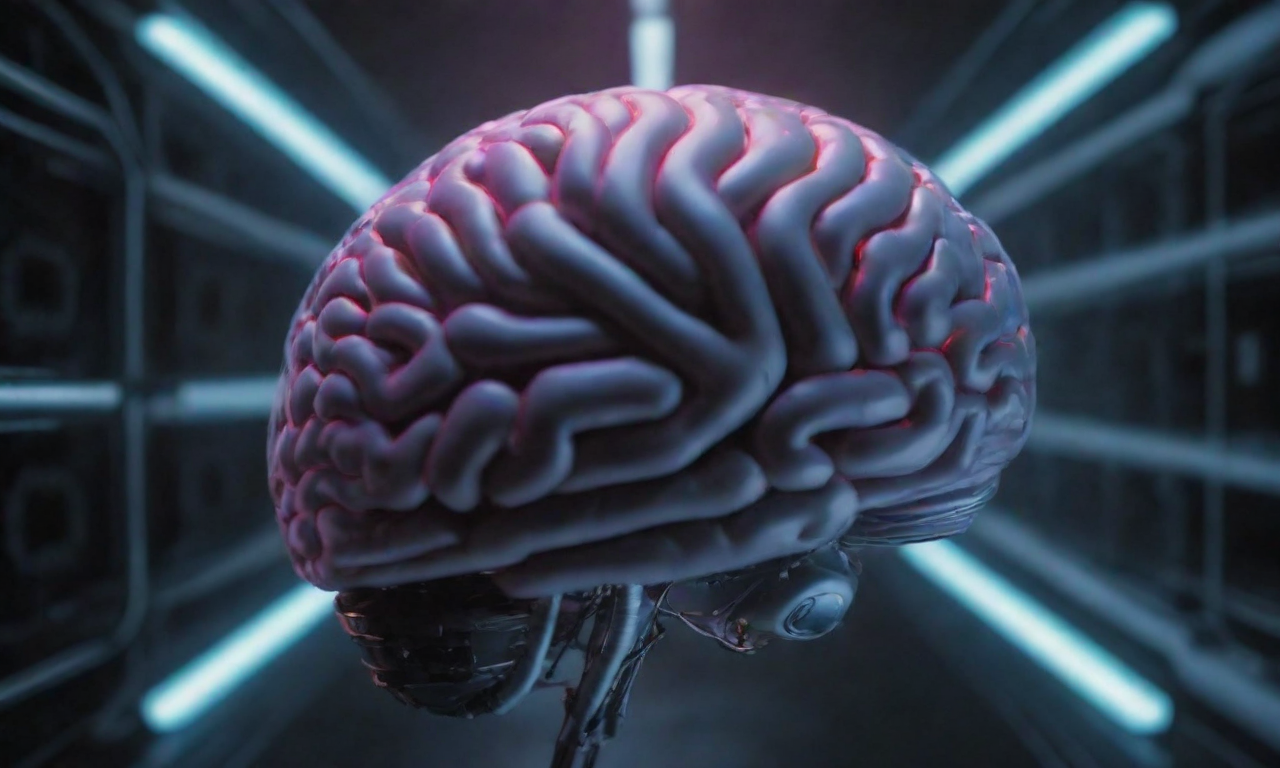By Hu Minqi, Jing Xiaoqing, Reporter for "China Science News"
On one hand, there is the "single-track" life defined by the traditional education system, on the other hand, there is the soaring self-awareness of the internet generation. When the culture of parental control and the concept of exam-oriented education collide with the desire of the post-2000 generation to take control of their own lives, they become the most "painful" generation of college students. When the inner drive disappears and even the steps of going for a walk can't be taken, how can we give today's college students a space for free growth in the "wilderness"?
Ice (pseudonym), a sophomore at a "Double First-Class" university in Guangdong, thought that her high school life would come to an end as soon as the final political exam of the college entrance examination was over. However, a few months ago, she revealed in an online article that the aftermath of her high school life continues to this day.During high school, in addition to studying, she could schedule her time for meals and showers down to the minute. In college, Ice hoped to enjoy some leisure time, but not long after, she would feel anxious and repeatedly check if her assignments were completed; even after spending a whole day at the library and returning to her dormitory to browse her phone, as soon as she heard the sound of her roommate flipping through a book, she would become nervous. When she came to her senses, she found it ridiculous and inexplicable.At some point, Ice's life became "wound up." In college, if she didn't complete every task well or deviated even slightly from the mainstream direction, she would feel nervous and anxious. On one hand, she couldn't truly immerse herself in her hobbies, otherwise, she would regret "wasting time"; on the other hand, she often didn't want to study or read, and just wanted to numb herself with shallow entertainment, but soon fell into self-blame and guilt, in an endless cycle...Entering University with "Wounds"
Recently, the topic of the "late bloomer" generation entering university has attracted much attention. In the discussions about the behaviors of the post-2000 generation of distancing themselves from life, rejecting social interaction, lacking independence in decision-making, and being psychologically fragile, some people can relate to it, while others feel that it is inappropriate to label a group of people collectively.In the view of Du Sujuan, a professor at the Wenbo College of East China University of Political Science and Law, there is no unified standard for maturity. For college students who have just entered adulthood, it is difficult to use terms like "late bloomer" or "early bloomer" to define them because they are complex individuals who have aspects of both late bloomers and early bloomers. "There is a gap between many teachers, parents, and children, as if they can see each other through transparent glass, but in fact, there is a layer of coldness in between," she said.Du Sujuan has been teaching at universities for more than 20 years and has been voted "My Best Teacher" by students for 16 consecutive years. She is unwilling to assess this generation of young people by their "shortcomings," but hopes that people can see the reasons behind those so-called "shortcomings." She told "China Science News" that it is more accurate to say that it is the most "painful" generation of children who entered university rather than the "late bloomer" generation.This generation of only children carries the hopes of their families and the expectations of society. High scores, prestigious universities, and high achievements - this model is so singular that it seems like there is only one track in life. But as the internet generation, their self-awareness is unprecedentedly high, and when the culture of parental control and the concept of exam-oriented education clash with their desire to take control of their own lives, the pain is particularly intense.When asked about the pain of growing up, Ice said that her peers generally feel that their parents are too controlling, showing little care and exerting too much pressure. "As a result, it becomes difficult for them to establish close relationships with others, they tend to underestimate themselves, easily become insecure, and live to meet the expectations of others..."They enter an ideal place with thorns all over their bodies, hoping for a diverse life and a broad vision, and hoping that it will bring a turning point in their lives. But the reality is not as beautiful as they imagined.Therefore, they reject "internal competition," advocate "breaking away from family ties," and yearn for the "wilderness." "I think the most amazing thing about this generation of young people is their ability to redefine the concept of 'rights'. "In Du Sujuan's view, they start by exploring their own needs and then explore society. This is a more reasonable logical thinking and a missing part in past mainstream values.However, can the current education system respond to their needs and correct its deviations?The Disappearance of Inner Drive
Compared to the commonly mentioned "internal competition" among young people nowadays, Xing Yu (pseudonym), who has been a counselor at a university in Anhui for 10 years, is more concerned about the confusion, lack of goals, and motivation among many students. Even when graduation is approaching and they still have no job, they have an indifferent attitude, and this mentality is not related to their family background."It must be acknowledged that those children who have been admitted to prestigious schools have developed good study habits; they have strong planning and self-learning abilities, coupled with the strong academic atmosphere of the school and the guidance of their peers as role models, they naturally follow established behavioral patterns." However, Du Sujuan believes that in many ordinary universities, the fact that students cannot find goals reflects their lack of self-imposed expectations."Currently, the important course of career planning is not included in the primary and secondary school stages. Most students do not understand their university majors, whether they like them or not, and rely solely on their parents' judgments." Xing Yu said that for these students, choosing a major they dislike or are not good at, it is difficult for them to find goals. They mechanically attend classes without knowing what their future






